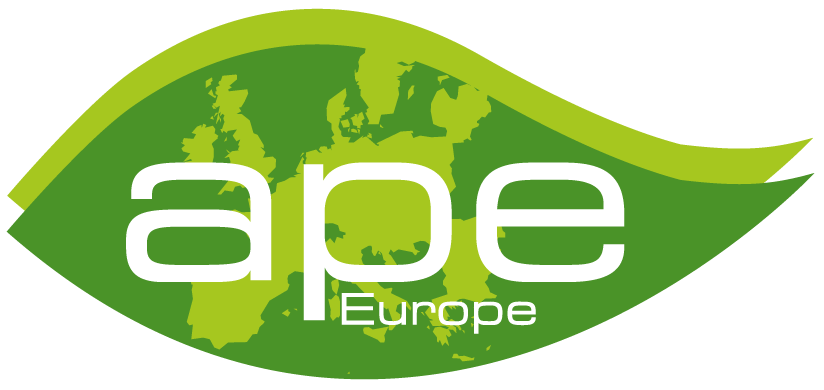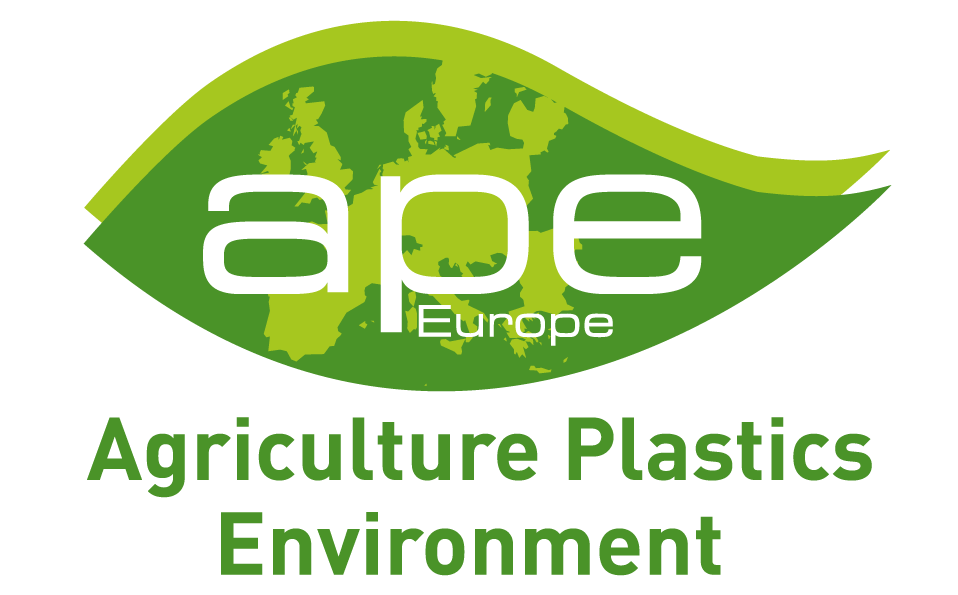Plastics in agriculture is essential for farmers, growers and the agricultural production. Plastic allows a better production in quantity and quality, while using less input: water, pesticides, fertilizers. Its contribution to the reduction of the environmental impact of the agricultural production is tremendous. Without plastics, over 60% of the vegetable and animal production will be jeopardized.
Plastics in agriculture have negatives externalities if its end-of-life is not properly managed when, collected and recycled, the plastic is a new resource for the circular economy.
The plasticulture community has well identified new challenge it is facing to leave a cleaner planet to next generations while keeping all the advantages of the plastic of agriculture. As any other plastics, when not properly handled, agri-plastic will be questioned by the civil society and be subject to banishment measures. As professional we know than banishment will not beneficiate to farmers, the production and the industry, neither for the environment.
If our generation has identified this tremendous challenge, it belongs to us to develop and provide solutions to farmer for a sustainable agri-plastic waste management. To the extent that the market does not take care itself of the end-of-life, it is the responsibility to the plasticulture community to do it. Farmers, distributors, industry, and researchers must be mobilized together and on a mutualized manner for this exciting and virtuous project.
After having signed the Marine Litter Declaration and following the European Plastic Strategy of the European Commission, the European plasticulture industry has engaged itself in the Circular Plastic Alliance, project dedicated to insure the recycling of waste and the incorporation 10 millions tons of recycled plastics in new products. On the top of that, the industry is involved in the “0 plastic at field and 100% recycled” program including the development of national collecting scheme and R&D project for the reduction of waste at source, waste quality improvement to insure the recycling and the biodegradable development in agriculture.
The aim of Bernard Le Moine presentation to EUROCORD”s annual meeting, is to share with Plasticultors this preoccupation for our business, the planet and foreseen actions to reduce the negative impact of our product on the environment.
Identifying is not enough, not acting is criminal.



Comments are closed